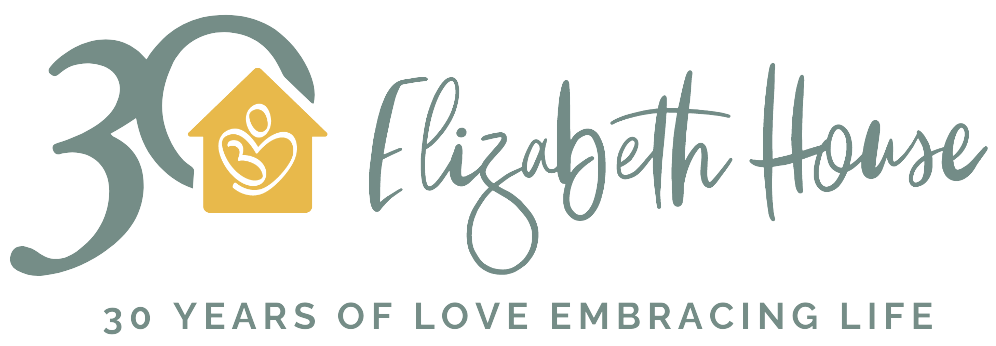Resilience: What Is It and How Do You Develop It?
Written by Paige Harris, Development Associate
I was diagnosed with a chronic illness at age 19. The transition into young adulthood isn’t easy for anybody, and it was especially difficult for me to learn to adapt the new demands of my immune system, the pressure of being a high-achieving college student who can no longer attend regular classes, and the dissonance of a once active lifestyle being replaced with near constant fatigue and the accompanying judgement from my peers. I also struggled deeply with a medical industry that wouldn’t take me seriously. I saw nine physicians in a single year, all of whom dismissed my very real and very frightening physical symptoms as “growing pains.”
While discussing these obstacles with a therapist, I complained that I wished I was more resilient and not forced to confront the unexpected hardship of a serious medical condition. She responded with one of the most helpful things I have ever been told: “Resilience is not finding a way to prevent bad things from happening. It’s not avoiding negative emotions and trauma when something bad does, inevitably, happen. It’s healing from that trauma and recovering healthy behaviors and a sense of self.”
In other words, resilience isn’t about dodging punches and not getting knocked down. It’s about learning how to stand up, and keep standing over and over again.
Frequently, we only realize that we are resilient when someone points it out to us. That can make resilience feel like a buzz-word rather than a real skill that can be cultivated and practiced. Resilience grows via eight components (Relationships, service, humor, internal locus of control, insight, autonomy, optimism, and flexibility), and each can be stretched and strengthened just like a muscle. It’s wonderful if you have a mental health professional to help you learn these tools, but sometimes, it may be up to you to practice them in your own time, just as I discovered I had been doing the entire time during my fight to be treated with respect by my doctors, my teachers, and my friends. Here are three ways that we can all practice building resilience.
Relationships - Being connected to family, friends, and communities can make us feel recognized, validated, and loved. Reliable friendships bolster a person’s sense of worth, and can provide emotional and physical support during times of trouble. At Elizabeth House, we create safe and engaging networks of residents, alumni, and their children. Shared life experience creates empathetic friendships in which to share resources and support one another.
Join a club! Get involved with a church group, a sport, or a hobby club. A religious organization can be a source of great strength in all seasons of life, and a relationship to a higher power or foundational theory will increase your connection to other people and to yourself.
Service - Volunteer work can check off the relationships factor, but is also a source of resilience in itself. Working for the good of others prompts you to focus on the good things in your life, and can contribute to a greater sense of purpose in the world. When the things that you rely on come “untethered,” meaningful work for the good of others always makes sense. Service to others teaches us selflessness, and that can lessen the blows of unexpected crisis.
Start volunteering with Elizabeth House! We have a robust volunteer program with something for every interest and availability. Build your own resilience by helping women and children on their journeys to healing.
Humor - It’s hard to be angry when you’re laughing! A sense of humor helps us to take daily inconveniences and stressors more lightly, and can clear our eyes to which things in life actually matter, and which are a distraction. Laughter reduces our production of cortisol, the stress hormone, which makes our physical bodies happy and healthy as well as our brains.
Make a point to laugh at least once a day, even if it’s at your own jokes! Here at Elizabeth House, we try to have fun right alongside our work by decorating for the holidays, listening to podcasts and reading books together as a staff, and always taking the time to delight in the antics of the children we serve.
At Elizabeth House, we all work every day towards the futures that we want for ourselves. As we coach our residents and their families towards these futures, we staff members make our own moves into the dynamic and resilient futures that we know that everyone is capable of.
Suttie, Jill. “Four Ways Social Support Makes You More Resilient.” Greater Good, The Greater Good Magazine, Nov. 2017, greatergood.berkeley.edu/article/item/four_ways_
social_support_makes_you_more_resilient.
Sultanoff, Steven M. “Survival of the Witty-Est; Creating Resilience through Humor.” Therapeutic Humor with Dr. Steve, 1997, www.humormatters.com/articles/resilience.htm.

